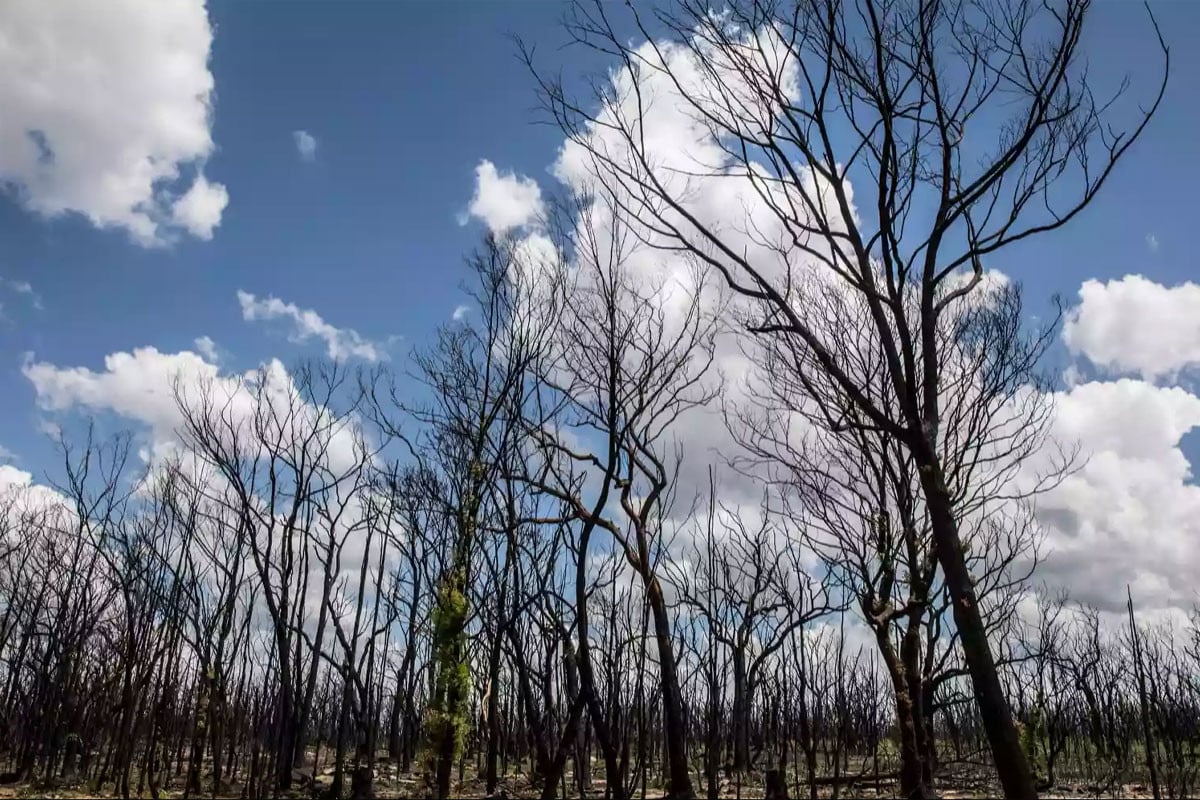A new study from the University of New South Wales (UNSW) has warned that global GDP could shrink by 40% by 2100 if temperatures rise by 4°C, a far worse scenario than previous estimates suggesting an 11% decline, reports Xinhua.
The research, conducted by UNSW’s Institute for Climate Risk & Response (ICRR), challenges existing economic models that have shaped climate policies, emphasizing the need for more immediate and effective action. Lead researcher Timothy Neal explained that past models failed to account for how extreme weather events can disrupt global supply chains, highlighting the interconnected nature of modern economies.
"Earlier models underestimated the severe impact of climate change on economies," Neal said. "The reality is that disruptions in key regions, such as floods or droughts, can ripple through the global economy, affecting even colder regions like Canada and Russia."
The findings bolster the argument for limiting global warming to 1.7°C, as set out in the Paris Agreement, rather than tolerating a 2.7°C rise. Neal stressed that economic models must adapt to reflect the real-world effects of climate change, from rising food prices to soaring insurance costs.
This study calls for urgent action to reduce emissions and mitigate the potentially catastrophic economic consequences of unchecked global warming.
Bd-pratidin English/ Jisan




























































